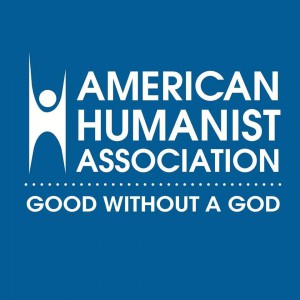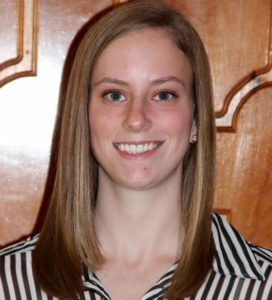Meet the New AHA Intern: Emily Rector

Please welcome the new legal intern with the Appignani Humanist Legal Center, Emily Rector!
TheHumanist.com: What is your educational and work background?
I graduated from the University of Charleston in 2015 with a BA in English and political science. As an undergraduate, I was a Herndon Fellow in the West Virginia Legislature working for the West Virginia Senate Judiciary Committee. I also spent several years as an intern with the West Virginia Department of Education and the Arts.
I am currently a third-year student at Cornell Law School, where I am an articles editor for the Cornell Law Review and a managing editor of the Legal Information Institute’s Supreme Court Bulletin. At Cornell I have worked as a research assistant for Professors Michael Dorf (constitutional law) and Sidney Tarrow (government), researching First Amendment and other constitutional issues. During the summer of 2016 I worked as an intern to the Honorable Joseph R. Goodwin of the U.S. District Court for the Southern District of West Virginia. This year I was a summer associate at Jones Day in Columbus, Ohio, where I worked on a variety of litigation matters.
 TheHumanist.com: How did you first learn about humanism?
TheHumanist.com: How did you first learn about humanism?
I learned about humanism in college after leaving organized religion. I began studying religion and philosophy. I found friends who also wanted to explore humanism, and I realized that it was a great fit for me.
TheHumanist.com: Did you grow up in a traditional religious faith? How did it impact you?
I was raised as a Methodist but later began attending a Baptist church. I always had questions about Christianity and religion growing up to which I never found satisfactory answers. My experience with religion has made me more skeptical in general, yet it has also made me more understanding of why people are religious and have difficulties leaving religion. More than anything, it has shown me the importance of critical thinking, skepticism, and evidence-based policy.
TheHumanist.com: What interested you most about working for the American Humanist Association?
I came to law school wanting to fight for civil rights and civil liberties. After leaving organized religion in a very religious area, I realized the importance of an inclusive society. When the government favors one religion over another, or religion over non-religion, many members of society will feel like outsiders, particularly as the number of individuals identifying as “nones” increases and our religious landscape becomes more diverse. I believe the separation of church and state also promotes policies that are based on evidence and grounded in fairness and equality. The AHA provided a great opportunity to fight for these values using the skills I have learned in law school.
TheHumanist.com: What book has influenced you the most?
The Great Gatsby. The book’s discussion of the American dream, wealth, and social mobility is unparalleled. Gatsby’s optimism pitted against Fitzgerald’s skepticism provides a unique lens on the allure and the danger of pursuing fame and wealth. I have enjoyed similar themes in Fitzgerald’s short stories, which are also filled with beautiful prose.
TheHumanist.com: If you could have dinner with any three people in the world (living or dead), who would they be and why?
My great-grandmother, so she could finish teaching me how to cook, Ruth Bader Ginsburg, to discuss her career on the bench, and, of course, F. Scott Fitzgerald.
